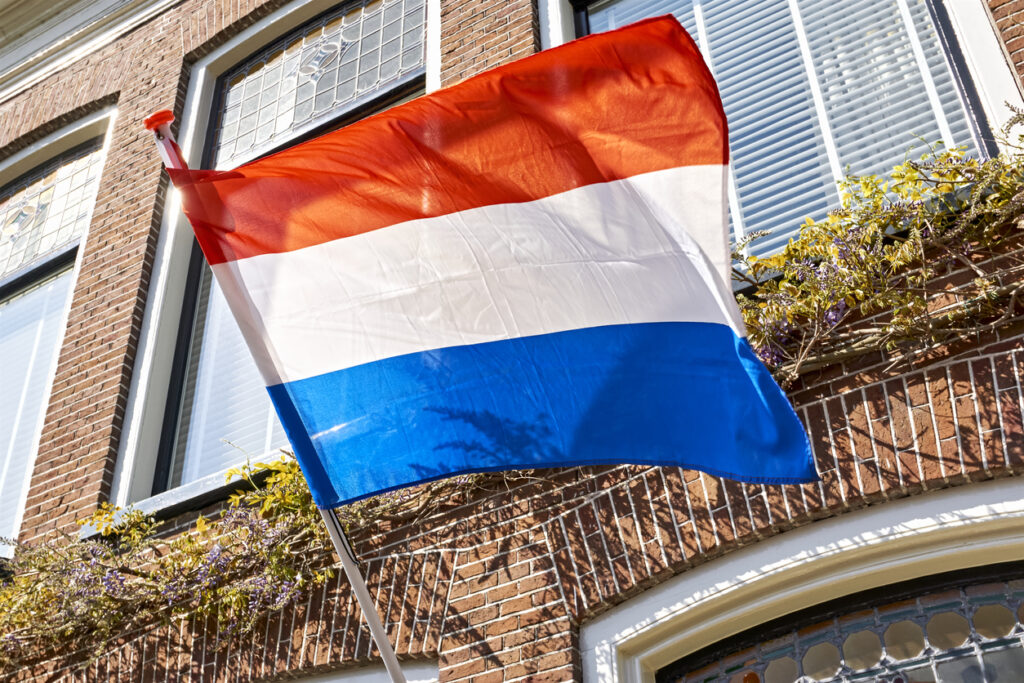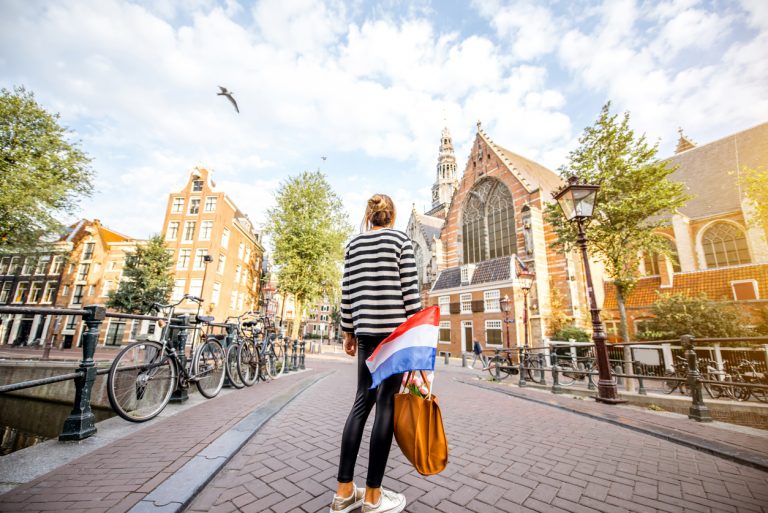The Netherlands has tightened entry requirements for many travelers. Third-country nationals and people from EU member states will have to jump through extra hoops to enter the country.
The new rules will go into force on Dec. 22, forcing third-country nationals to take a COVID-19 test before departure. Meanwhile, fully vaccinated EU and Schengen Zone visitors will also have to provide negative test results before departing.
Even people with EU Digital COVID-19 Certificates will need to provide negative tests. Results from both PCR and antigen tests will be valid.
These changes come soon after a nationwide lockdown meant to slow the spread of the COVID-19 Omicron variant.
Travelers outside the EU or Schengen Zone also have to provide negative test results before entering the Netherlands. They can present results from PCR or NAAT tests taken within 24 hours before heading to the country.

Neither recovery nor full vaccination exempts them from the requirement.
If visitors arrive from countries with rampant Omicron spread, they’ll face even stricter rules. After arriving, they’ll have to self-quarantine for up to 10 days.
To end the self-quarantine up to five days earlier, travelers may provide a negative test result. Dutch leaders have deemed many places, including the United Kingdom, high-risk locations.
All travelers must submit a declaration form before entering the Netherlands. The form includes questions about whether prospective travelers are experiencing COVID-19 symptoms.
The country’s lockdown comes at an inconvenient time for anyone planning holiday celebrations.
Houseguests are now legally limited to two at a time. The limit will be slightly higher on holidays, allowing up to four guests.

The Netherlands has seen 151 cases of the Omicron variant so far, and nearly 100,000 new COVID-19 cases have emerged in the past week alone. Only 357 fatalities occurred in that time frame.
The country recorded a dramatic spike in cases in late November.

